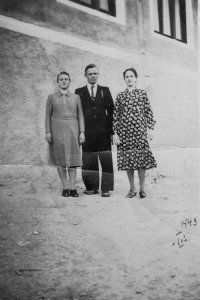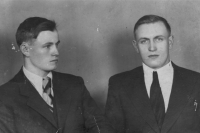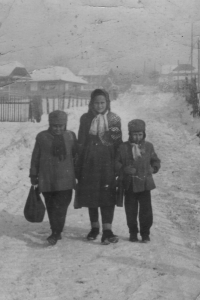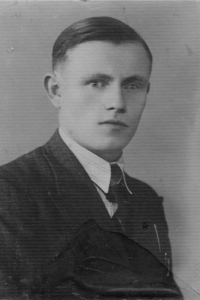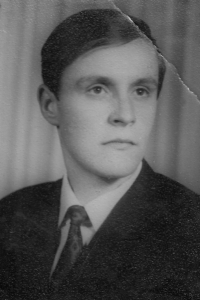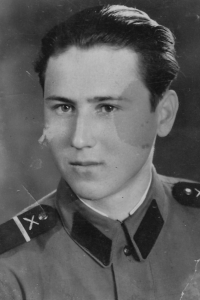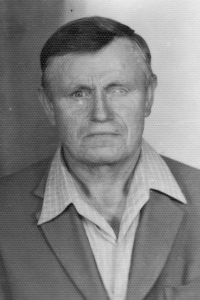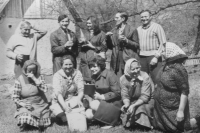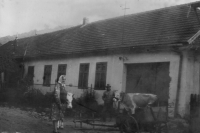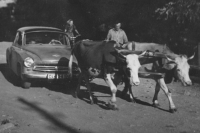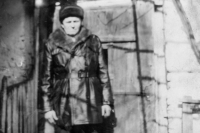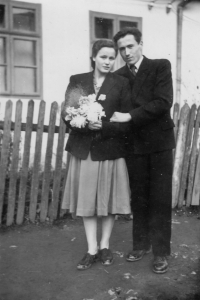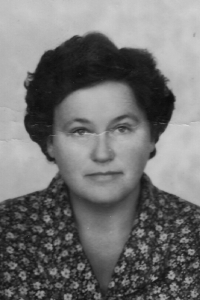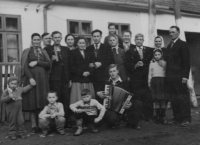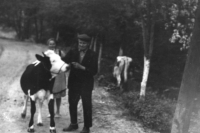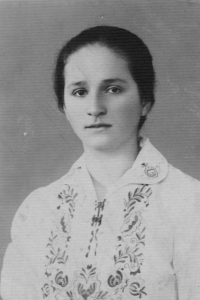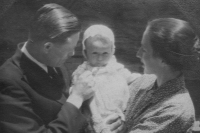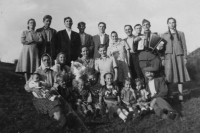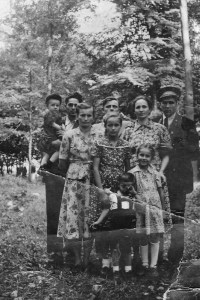Deportation to Baragan ruined my life

Download image
Anna Urban, née Fiklová, was born on May 28, 1943 in the settlement Nové Doly (Baia Nouă), which falls under the Czech village of Eibentál in Romanian Banat. She grew up in a family of descendants of Czech colonists, and they lived together in a rented building in a workers’ colony, intended for miners’ families. Her father František served in the ranks of the Romanian army during the Second World War, which fought alongside Nazi Germany until August 1944. In June 1951, the Fikls family of four including their relatives was deported to the Baragan region, where the Communist Party of Romania displaced politically unreliable persons. The deportees had to leave their homes within hours and were only allowed to take a few personal belongings with them. The authorities dropped them off in an uninhabited area without any means and they were not allowed to leave the area. They first built simple buildings here, and later the place began to change into the village of Rubla. At the end of 1951, the Romanian authorities allowed Czech families to go to work in the miner´s city Comanesti in Romania, where they remained under state supervision. They were able to return home only at the beginning of 1956. However, her grandfather Josef Fikl died before the return, he died in Comanesti. They found their original apartment in an empty state, as most of the things had been confiscated by the national committee or dismantled by the locals. The witness attended a Romanian school in Comanesti and finished her last year in Oršava. She got married at the age of sixteen, worked in the household, and at the age of 40 she joined Eibentál as a post office worker. After 1989, the state awarded her a financial compensation for deportation to Baragan, and she also became a member of the Asociația Foștilor Deportați în Bărăgan association, which scientifically processes the statements of eyewitnesses. At the time of filming, she lived in the Czech Republic in Ústí nad Labem (March 2023).
